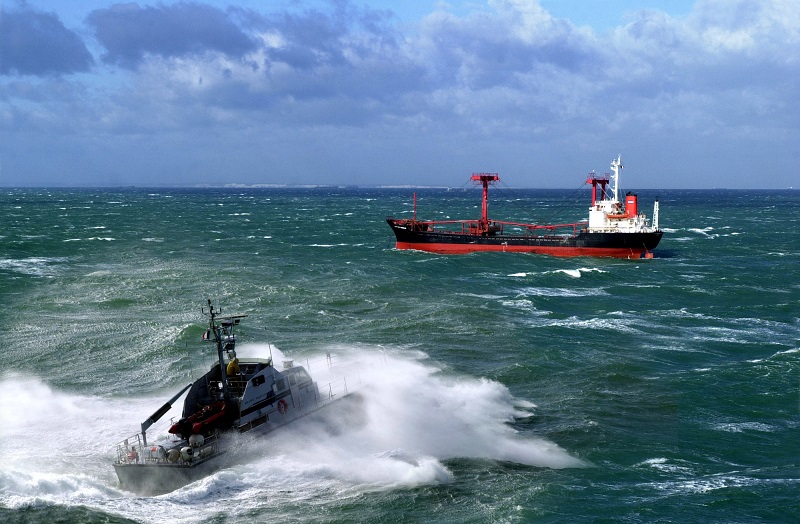Terrorism and Radicalization: Finding joint solutions for common challenges
“To deal with the complex issue of foreign terrorist fighters and radicalization,” explains CT-MENA project expert Ramón Gonzalez Aller Tuduri, “being able to meet together to think jointly about solutions is critical.” And for many countries in Europe, the Maghreb, and the Middle East, that issue has taken on great importance. Indeed, they must consider solutions to the problem of some of their nationals becoming radicalized, leaving for areas of tension, and then returning to their home country with the aim of committing acts of terrorism. This is why the CT‑MENA project and the Secretariat of the Arab Ministers of Interior Council (AIMC) organized a workshop that brought together more than 50 participants from North Africa, the Middle East, and Europe. It was held on January 29-30, 2020, at the Geneva Centre for Security Policy (GCSP).
Comparing viewpoints and coordinating action
As Ambassador Christian Dussey, Director of the GCSP, explains, this seminar “allowed us to bring together a great many experts in the field of radicalization and the fight against extremism.” And, as participant Andreea Stoian Karadeli says, “The participants were from different backgrounds, cultures, experiences, and disciplines, which was also a great advantage for the workshop.”
The participants discussed a number of issues, including how to fight the financing of terrorism, the need to better understand the radicalization process, and how to reintegrate foreign terrorist fighters socially and economically. The national representatives were joined by experts from regional and international organizations such as Interpol, Europol, and the United Nations Counter-Terrorism Committee (UNCTED). Discussions were thus able to cover coordinated actions that can be taken regionally and internationally. The role of civil society and the media in prevention measures was also highlighted.
Discussing and identifying opportunities for cooperation
The very fruitful exchanges helped identify new ways to cooperate on various issues related to foreign terrorist fighters and their radicalization. Among the ideas are stronger international police and judicial cooperation (such as promoting the use of the Interpol database) and new methods to limit radicalization in prisons and on the Internet. One example mentioned was the possibility of establishing a “Radicalization Awareness Network” (RAN) in the Arab world, along the lines of the European RAN.
The ideas that arose in the workshop will help fuel the joint work of the CT‑MENA project and the AIMC, which in 2020 are continuing their support for North African and Middle Eastern countries in the field of counter-terrorism. For example, they are providing assistance to the Arab Center for Joint Analysis of Threats and organizing training sessions and workshops on radicalization, prisons, border management, and other topics.



